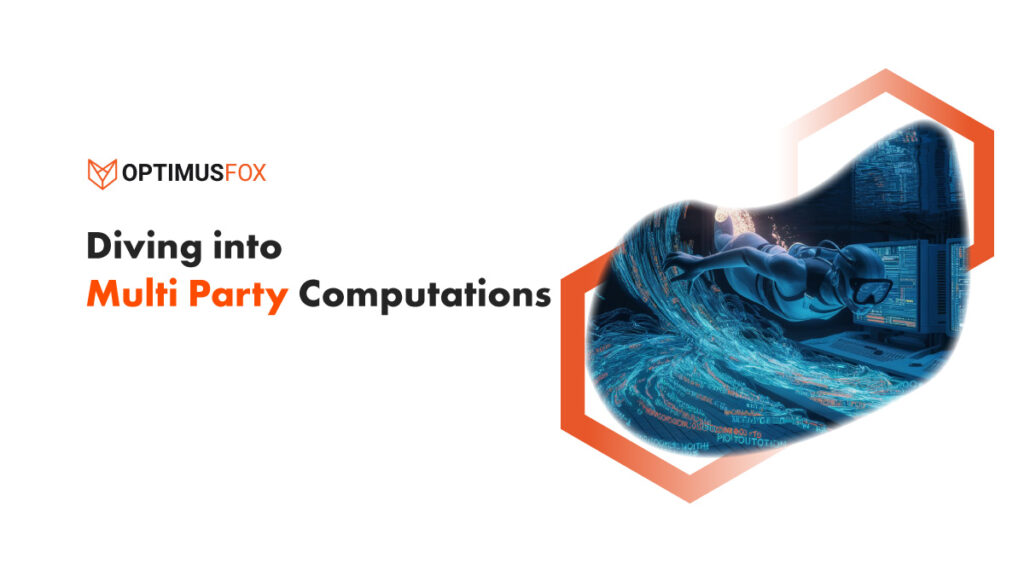Diving Into Multi Party Computations

Multi-Party Computation (MPC) is a technology where multiple computers work together to perform a computation, such as creating a digital signature, without any single computer knowing the entire input. This way, sensitive data, like a private key for a cryptocurrency wallet, is divided among several parties, enhancing the security. None of the parties have complete information, reducing the risk of theft or loss. This method ensures that no single point of failure exists, making it more secure than traditional single-key methods. Multi-Party Computation was created to enhance data security and privacy. It allows multiple parties to jointly compute a function over their inputs while keeping those inputs private; in the context of cryptocurrency wallets, MPC splits a private key among several parties, ensuring no single entity has full control. This reduces the risk of theft, fraud, and loss by eliminating single points of failure, thus providing a higher level of security for digital assets. How do Multi Party Computations Work Multiparty computation (MPC) enables multiple parties to collaboratively compute a function over their respective inputs while preserving the privacy of those inputs. The fundamental principle is that no individual party gains knowledge about others’ inputs beyond what is deducible from the final output. Here’s an overview of how MPC operates: The different protocols that are used by MPC in systems are: What Are the Technical Features of MPC Multi-Party Computation (MPC) offers many features including privacy, by distributing sensitive data among multiple parties; security, which reduces risks by eliminating single points of failure; collaborative computation, allowing joint operations while keeping inputs confidential; fault tolerance, ensuring continued functionality despite compromises; and flexibility, applicable across diverse scenarios like secure voting, private auctions, and cryptocurrency transactions. A Multi-Party Computation (MPC) wallet enhances security by splitting private keys among multiple parties, preventing any single entity from having complete control. This approach mitigates risks associated with single points of failure and provides advanced access control. While MPC wallets offer significant security benefits, they can involve higher communication costs and technical complexity. Additionally, not all MPC wallets are open-source, which can impact their interoperability with other systems. The Advantages MPC Brings to New Technology Using MPC offers benefits like enhanced security through distributed control of private keys, improved privacy by restricting data exposure, effective risk mitigation by eliminating single points of failure, and advanced access control for secure management of permissions and access. These features make MPC an attractive solution for applications requiring high levels of security and privacy. Multi-Party Computation (MPC) is mainly used in areas where data security and privacy are critical, for instance: Multi-Party Computation works by distributing a computation across multiple parties, where each party holds a piece of the input data. These parties collaboratively perform the computation without revealing their individual pieces to each other. This ensures that no single party has access to the entire input data, enhancing security and privacy. The process typically involves the following steps: The Limitations to Multi Party Computation Multi-party computation (MPC) is a powerful cryptographic technique, but it does come with certain limitations and challenges: Last Thoughts Despite these limitations, ongoing research and advancements in MPC continue to address many of these challenges, making it a promising approach for secure multiparty computations in various domains. Multi-Party Computation (MPC) stands as a robust solution for enhancing data security and privacy across various domains. By distributing sensitive computations among multiple parties without revealing complete inputs to any single entity, MPC mitigates risks associated with theft, fraud, and single points of failure. Its applications span from secure cryptocurrency wallets to healthcare data sharing and beyond, offering advanced access control and resilience against attacks. Are you interested in learning more about how Multi Party Computations can be applied in your business? Optimus Fox has all the resources you need to dive deeper into the technological world. Connect with us now at info@optimusfox.com and get your headstart into the world of Web 3 technology.

 Chat with us
Chat with us